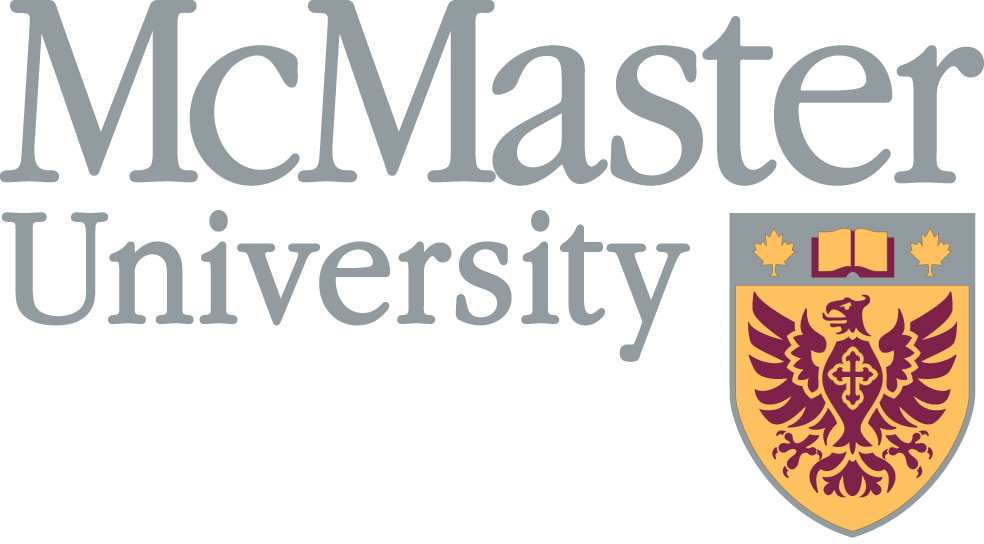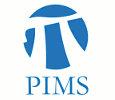Réunion d'hiver SMC 2014
Université McMaster, 5 - 8 décembre 2014
- ASKOLD KHOVANSKII, University of Toronto
Algebraic geometry, Newton polyhedra and Newton--Okounkov bodies [PDF]
-
Newton polyhedra connect algebraic geometry and the theory of singularities to the geometry of convex polyhedra inside the framework of toric geometry. This connection is useful in both directions. On the one hand, explicit answers are given to problems of algebra and the theory of singularities in terms of the geometry of polyhedra. For example according to the Bernstein--Kushnirenko theorem the number of solutions of a generic system of $n$ equations in $(\Bbb C^*)^n$ with fixed Newton polyhedra is equal to the mixed volume of the Newton polyhedra multiplied by $n!$. On the other hand, algebraic theorems of general character (like the Hirzebruch--Riemann--Roch theorem) give significant information about the geometry of polyhedra.
The theory of Newton--Okounkov bodies relates algebra and geometry outside the framework of toric geometry. This relationship is useful in many directions. For algebraic geometry it provides elementary proofs of intersection-theoretic analogues of the geometric Alexandrov--Fenchel inequalities and of their local version for the intersection multiplicity of primary ideals in a local ring. In invariant theory it gives analogues of the Bernstein--Kushnirenko theorem for horospherical varieties and some other manifolds with an action of a reductive group. In abstract algebra it allows one to introduce a broad class of graded algebras whose Hilbert functions are not necessarily polynomial at large values of the argument but have polynomial asymptotics. In geometry it provides a transparent proof of the known Alexandrov--Fenchel inequality and of its new analog for coconvex bodies.






